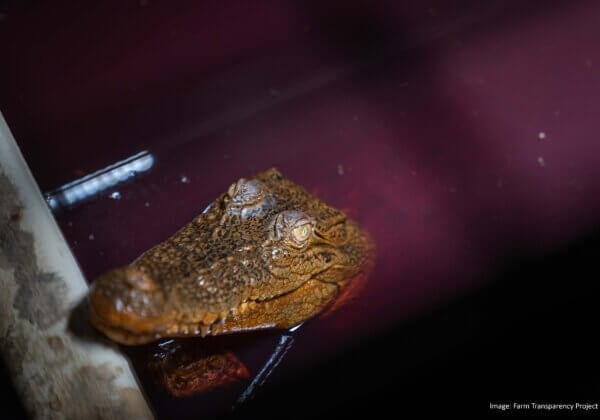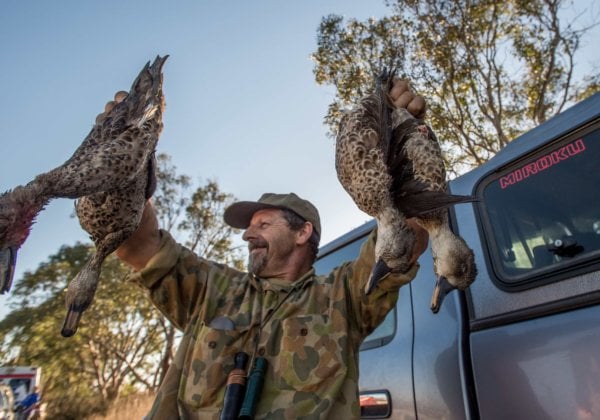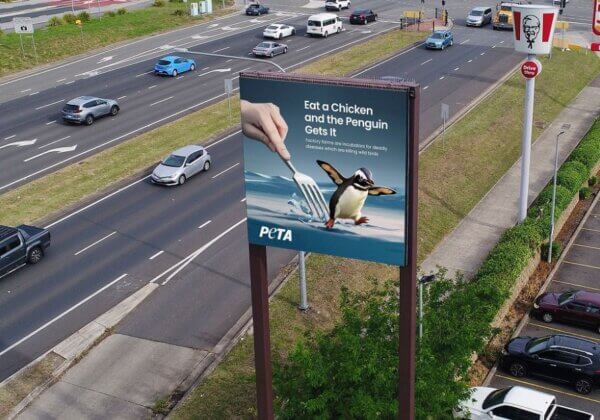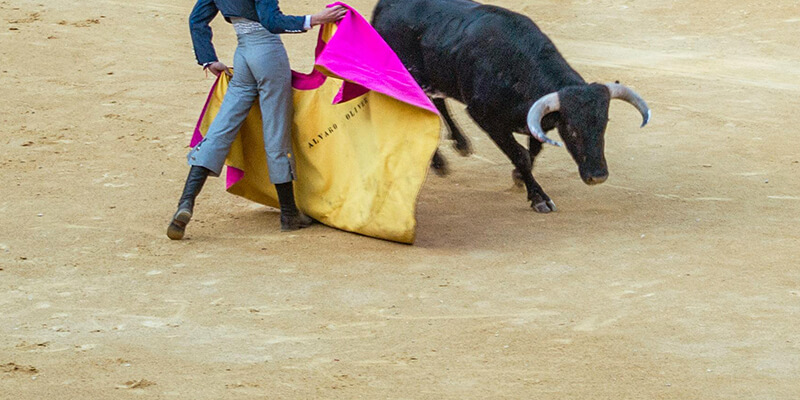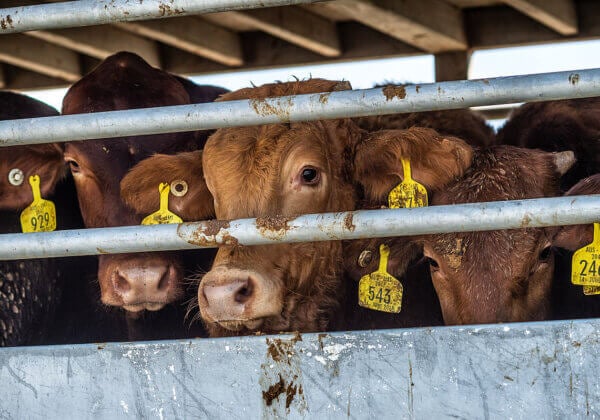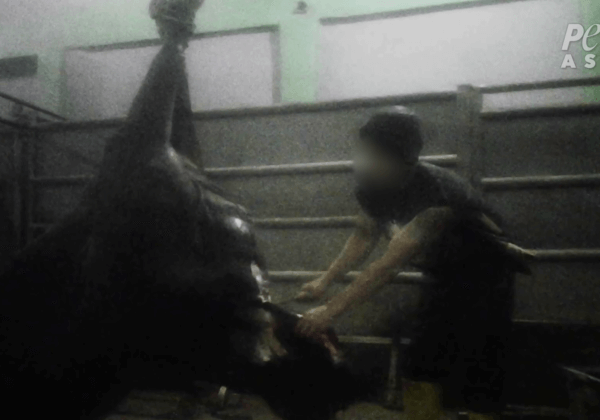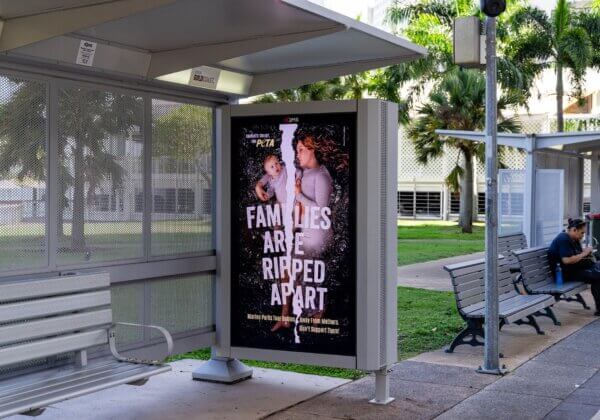Bird Shot With Arrow Refuses to Give Up – and So Do We
His body and wing completely pierced by an arrow, this native bush stone-curlew is lucky to be alive after being shot and left for dead near Airlie Beach in Queensland.
Don’t worry – as gruesome as his injuries look, the arrow was successfully removed, and the bird is now recovering, thanks to the help of a local rescue group.
What’s more, PETA Australia is offering a reward of up to $5,000 for information leading to the arrest and conviction of whoever is responsible for this sickening act of cruelty.
A local man has confessed that he may have been responsible, as he was “target shooting” and couldn’t find one of his arrows. Police are still looking into this matter, and we urge anyone else with information to come forward.
This Isn’t an Isolated Incident
Because animals cannot report abuse and can’t always do enough to fight back, they’re often used as “practice” victims by people who commit acts of violence. Research in psychology and criminology shows that people who commit acts of cruelty to animals often go on to commit violent acts against their fellow humans. As long as perpetrators of these types of crimes remain at large, other animals – including humans – might also be in danger.
[Video ©PETA US]
A study by Dr John Clarke, a lecturer in psychology at The University of Sydney and consultant to the New South Wales Police Force, used police data collection to show that 61.5 per cent of convicted animal-abuse offenders had also committed an assault on a person and that 17 per cent were guilty of sexually abusing a person.
Most disturbingly, animal abuse was a better predictor of sexual assault than previous convictions for homicide, arson or firearms offences. Only 1 per cent of cruelty-to-animals offenders had no other convictions at all.
Always Report Cruelty When You See It – Never Be Silent!
Cruelty to animals in Queensland carries a penalty of up to $235,000 or three years’ imprisonment under the Animal Care and Protection Act 2001. Anyone with information about this case is encouraged to call the RSPCA on 1300 264 625.

